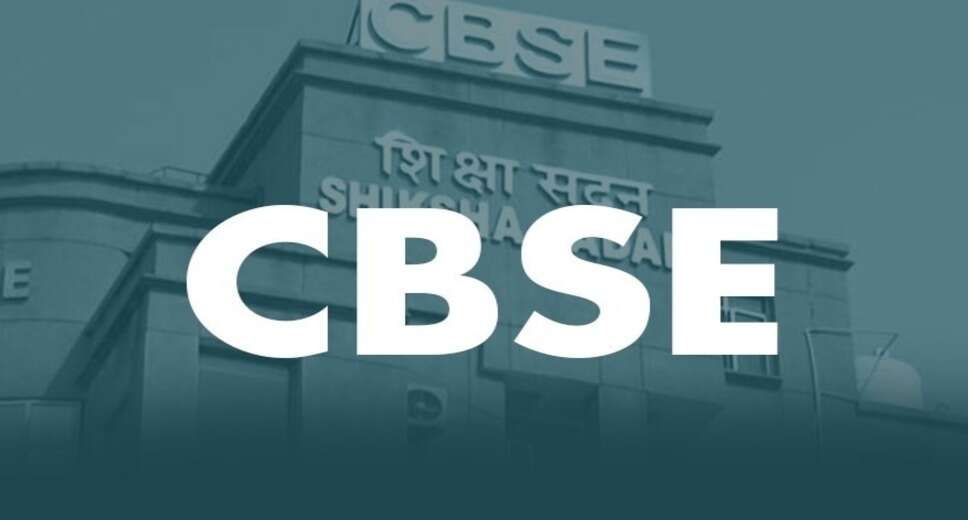CBSE Opposes PIL seeking Uniform Education System; says Multiplicity of Curriculum Desirable
The Central Board of Secondary Education (CBSE) has responded to a public interest litigation (PIL) filed by lawyer Ashwini Kumar Upadhayay, seeking a common syllabus and curriculum in all schools. The CBSE, in its counter affidavit to the Delhi High Court, defends the multiplicity of curricula and resources, emphasizing the importance of accommodating local culture, context, and language in education.

The Central Board of Secondary Education (CBSE) has responded to a public interest litigation (PIL) filed by lawyer Ashwini Kumar Upadhayay, seeking a common syllabus and curriculum in all schools. The CBSE, in its counter affidavit to the Delhi High Court, defends the multiplicity of curricula and resources, emphasizing the importance of accommodating local culture, context, and language in education.

CBSE's Stand on Common Syllabus: In its response, the CBSE contends:
- A uniform board or syllabus across India does not consider the local context, culture, and language.
- A national framework exists, allowing flexibility to emphasize local resources, culture, and ethos.
- A curriculum closely related to a child's life outside school is more relatable and effective.
Role of National Curriculum Framework: The CBSE highlights the following key points:
- A national curriculum framework is developed by the National Council of Educational Research and Training (NCERT) as per the National Policy on Education (NEP).
- State Councils of Educational Research and Training (SCERTs) and State Education Boards either adopt, adapt, or develop their own syllabi and textbooks based on the NCERT framework.
- NCERT prepares model syllabi and textbooks, but states and union territories (UTs) have the freedom to make choices.
- The CBSE itself adopts NCERT's syllabi and prescribes NCERT textbooks for its affiliated schools.

Future Developments: As per the NEP:
- A new National Curricular Framework of Schools Education (NCFSE) 2020-21 will be developed by NCERT, incorporating policy principles and curriculum needs.
- Consultations with stakeholders, including state governments, central government departments, ministries, and experts, will be held.
- NCFSE will be available in all regional languages and revised every 5-10 years to reflect evolving curriculum needs.
Response to Allegations: The CBSE contends that the PIL lacks merit and should be dismissed. The petitioner claimed that different syllabi and curricula by CBSE, ICSE, and State Boards are contrary to constitutional articles and the Right to Education. The petitioner argued that a common syllabus in the mother tongue would promote a common culture, reduce disparities, and enhance the quality of education.
Allegations of Resistance: The petitioner also alleged resistance from "school mafias" against the concept of One Nation-One Education Board, One Nation-One Syllabus, and the presence of NCERT books in all schools. the CBSE defends the diversity of curricula, citing the importance of accommodating local culture and context in education. The debate over a common syllabus in Indian education continues, with both sides presenting their arguments to the Delhi High Court.
